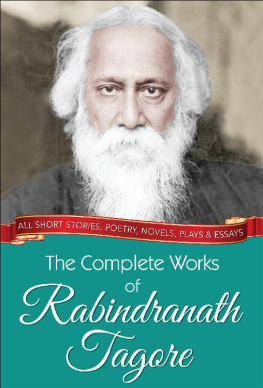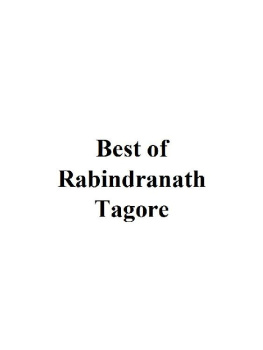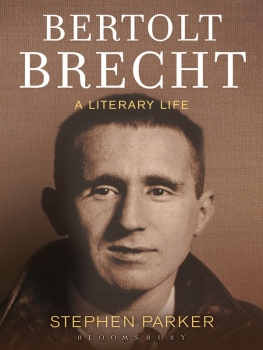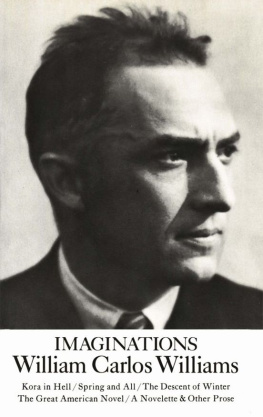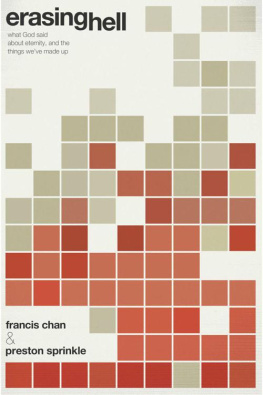PENGUIN MODERN CLASSICS
THE PENGUIN BOOK OF THE PROSE POEM
Jeremy Noel-Tod is a Senior Lecturer in the School of Literature, Drama and Creative Writing at the University of East Anglia. His literary criticism has been widely published and he has been the poetry critic for the Sunday Times since 2013. His books as an editor include the revised edition of the Oxford Companion to Modern Poetry (2013) and the Complete Poems of R. F. Langley (Carcanet, 2015).
Edited and introduced by Jeremy Noel-Tod
THE PENGUIN BOOK OF THE PROSE POEM
From Baudelaire to Anne Carson

PENGUIN BOOKS
UK | USA | Canada | Ireland | Australia
India | New Zealand | South Africa
Penguin Books is part of the Penguin Random House group of companies whose addresses can be found at global.penguinrandomhouse.com
First published 2018
Selection and editorial matter copyright Jeremy Noel-Tod, 2018
The moral right of the editor has been asserted
Cover Design: Matthew Young
ISBN: 978-0-241-28580-0
Introduction: The Expansion of the Prose Poem
I
What is poetry and if you know what poetry is what is prose Gertrude Stein
How do you define a prose poem? I have often been asked this question since I began to put together what follows: two hundred poems from around the world which have been chosen to represent the exciting, surprising, and memorable possibilities of a form that has sometimes been regarded with suspicion but is now suddenly everywhere. Collections of prose poems such as Claudia Rankines Citizen (2014) win major prizes, and anyone who picks up a poetry magazine will almost certainly spot one. This book includes a range of names that might be expected to feature in any representative anthology of modern poetry in English: John Ashbery, W. H. Auden, Elizabeth Bishop, Rita Dove, T. S. Eliot, Allen Ginsberg, Seamus Heaney, Adrienne Rich. But it also celebrates neglected poets who have written with brilliance in a form habitually overlooked by anthologists. Together, they comprise an alternative history of modern poetry and an experimental tradition that is shaping its future.
How, then, to define the prose poem? After reading so many, I can only offer the simplest common denominator: a prose Surveying the 175 years of poetry represented here, what emerges for me is the prose poems wayward relationship to its own form and it is this, I believe, that makes it the defining poetic invention of modernity. In an age of mass literacy, our daily lives are enmeshed in networks of sentences and paragraphs as extensive as any urban grid. The prose poem drives the reading mind beyond the city limits.
Poets, of course, have long known that the border between verse and prose is porous. Is the prose soliloquy in which Hamlet exclaims What a piece of work is man really any less a piece of Shakespearean poetry than the blank verse of To be or not to be ? Sir Philip Sidney informed Renaissance readers that although the inside and strength of Platos dialogues was philosophy, the skin, as it were, and beauty depended most of poetry; in the Romantic era, Percy Bysshe Shelley contended that the distinction between poets and prose writers is a vulgar error; and the French Symbolist poet Stphane Mallarm believed that there is no such thing as prose: there is the alphabet, and then there are verses. Put letters together to make words, that is, and you are already working with the basic units of poetic rhythm.
As the critic D. W. Harding noted in his study of rhythm in literature, all the prose we ever read is chopped up into lines; we rightly pay no attention to them. This is because page margins do not mark metre as line breaks do. Yet it is not uncommon for verse-like currents to eddy beneath the placid surface of a paragraph. Prose, wrote Samuel Johnson in his Dictionary of Poetry, we might say, bends the bars of the prose cage.
As Hermine Riffaterre has observed, the formal framework of the individual prose poem is ad hoc, and often makes its home among other forms and genres.); the The prose of information, we begin to realize, comes in many forms, and all have the potential for poetry to be injected, like coloured ink, into their ostensibly transparent sentences.
With the exception, however, of the neatly trimmed abattoir notice presented as a found poem by Laurie Duggans Hearts (). A generation later, the international literary revolution known as modernism saw prose and verse mingling in little magazines unconcerned with dividing their table of contents strictly into one or the other. In France, the dream-like strangeness of the Symbolists was redoubled under the influence of
At the same time, the question persisted as to whether prose poetry was a subject to be mentioned in polite society at all. Oscar Wilde had made the term notorious in 1895 when, in court, he described a letter he had written to his lover, Lord Alfred Douglas, as a prose sonnet (an association that later prose poems, such as Dulce Mara Loynazs Love Letter to King Tutankhamun (), made its first appearance in an anthology edited by Ezra Pound. But even Eliot had his doubts about the form as a critic, calling it an aberration which is only justified by absolute success. Inside his personal copy of Stuart Merrills Pastels in Prose (1890), a popular anthology of French prose poetry, he kept a clipping of a newspaper parody called The Latest Form of Literary Hysterics. The title of his poem about a man made (hysterically) anxious by a laughing woman can, therefore, be read as an ironic comment on its own bad form (I decided that if the shaking of her breasts could be stopped, some of the fragments of the afternoon might be
In casting doubt on the sanity of the prose poet, Eliot may have had in mind the infamous example of Gertrude Stein. Once much mocked for her emphatically repetitive, under-punctuated style, Stein now deserves to be recognized as the most original prose poet in the English language. With the vividly abstract domesticity of Tender Buttons (1914), she invented a verbal Cubism in which household objects and foodstuffs are evoked in enigmatically glancing ways (a way of naming things that would mean names without naming them), just as the Cubist still-life broke up the solid contents of caf tables into overlapping planes.
The freedom of the prose poem to follow the unmetrical pathways of thought can also take it in the opposite direction, towards a plainer style, imitative of speech. In this mode, the prose poem employs the formulas and rhythms of story-telling, with all their alluring familiarity and suspense. Among the handful of prose poems famous enough to be anthology pieces already are Joy Harjos Deer Dancer (), which draws on the Native American oral tradition to imagine a modern myth, ), which was written after travelling to El Salvador during the countrys civil war. What you have heard is true, Forch begins, before recounting an almost unbelievably horrifying encounter with a military man in simple, declarative sentences that read like an eye-witness report. This is a poem, it seems, that has been written in defiance of the colonel who mocks: Something for your poetry, no?
The story-telling prose poem also lends itself to the comic anecdote, and this has been its most popular manifestation in America and Britain since the 1960s, under the influence of up-the-garden-path absurdists such as Russel Edson () in full:

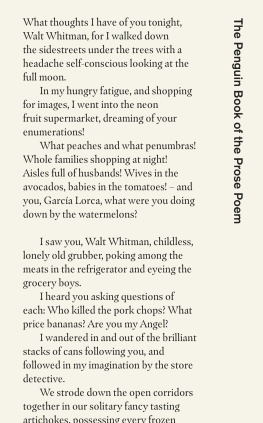
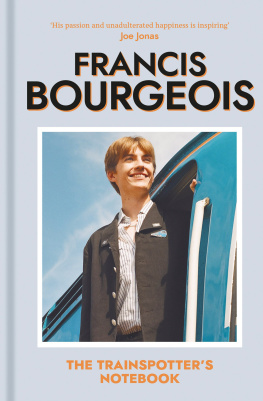


![Saint Francis de Sales [Sales - The Saint Francis de Sales Collection [15 Books]](/uploads/posts/book/266802/thumbs/saint-francis-de-sales-sales-the-saint-francis.jpg)
![Saint Francis de Sales - The Saint Francis de Sales Collection [15 Books]](/uploads/posts/book/161144/thumbs/saint-francis-de-sales-the-saint-francis-de-sales.jpg)
